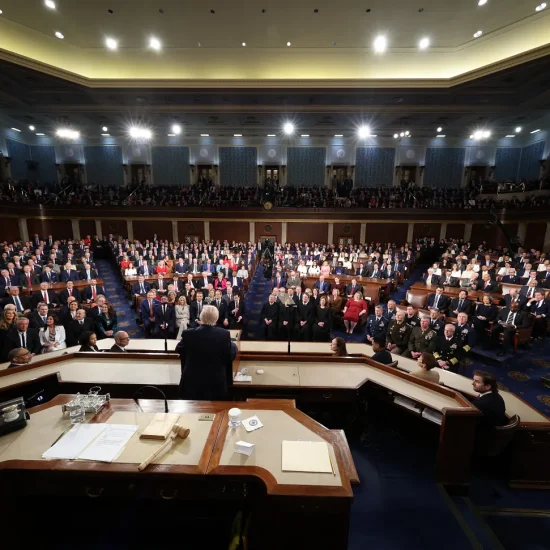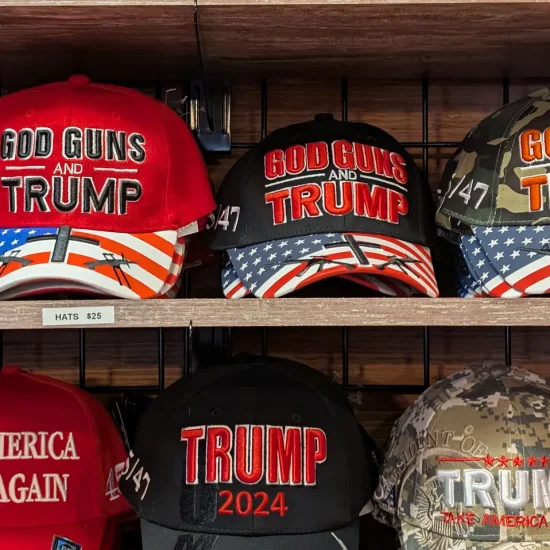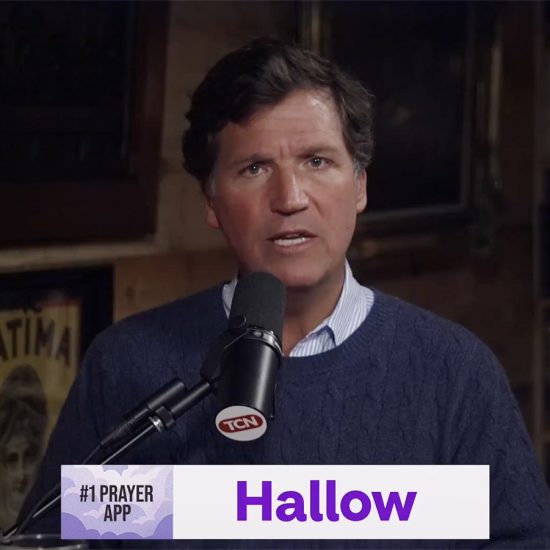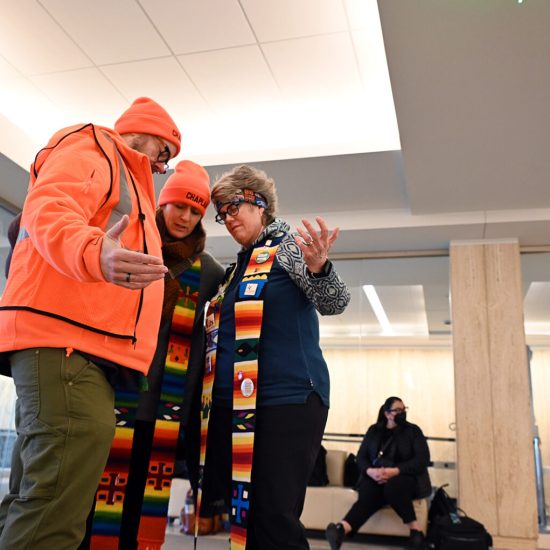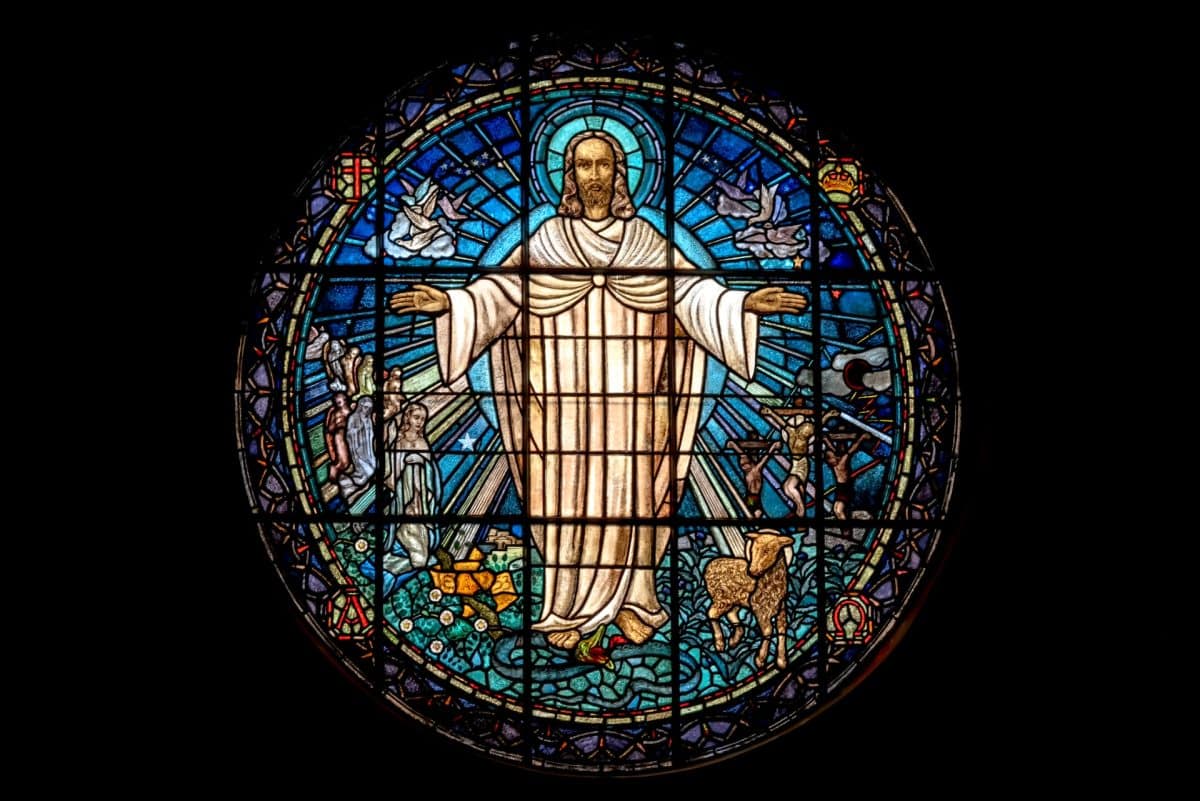
Charlie Daniels famously sang, “the Devil went down to Georgia. He was lookin’ for a soul to steal.” In an unexpected twist, the Social Gospel has come to Georgia looking for a senate seat to win.
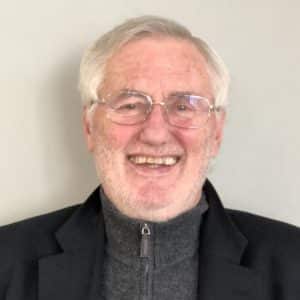
Rodney Kennedy
There is an apostolic succession of a sort involved. Rauschenbusch influenced Martin Luther King, Jr. King influenced Rev. Dr. Raphael Warnock. Warnock came to prominence in Georgia politics as a leader in the campaign to expand Medicaid in the state. In March 2014, Warnock led a sit-in at the Georgia State Capitol to press state legislators to accept the expansion of Medicaid offered by the Patient Protection and Affordable Care Act. He and other leaders were arrested during the protest. Warnock also actively campaigned for Georgia Democrats to increase outreach to low-income communities. Warnock supports expanding the Affordable Care Act and has called for the passage of the John Lewis Voting Rights Act. Dr. Warnock is the Social Gospel, the politics of Jesus, in action.
Not since Walter Rauschenbusch and Washington Gladden went public with the Social Gospel has there been such a direct conflict between the Social Gospel and the gospel of individualism. There was a specific application of the Social Gospel during the Civil Rights movement under the leadership of the Rev. Dr. Martin Luther King, Jr. The nation reluctantly embraced civil rights, but in spite of President Johnson’s “Great Society,” not much changed for the poor. As for peace, the nation was divided over Vietnam, and peace advocates were demonized as traitors, deserters, draft dodgers, and radical liberals. The Social Gospel faded back into the red, white, and blue wallpaper by 1970.
Now the Social Gospel attempts a comeback down in Georgia. A refreshing idea don’t you think? The gigantic social issues and political issues of our time can’t be resolved with a doctrine of individual salvation and personal freedom. As Stanley Hauerwas observed, “I have little use for the current fascination with individual salvation in either its conservative or liberal guises. I do not assume that salvation is first and foremost about my life having ‘meaning’ or insuring ‘my’ eternal destiny. Rather, salvation is being engrafted into practices that save us from those powers that would rule our lives making it impossible for us to truly worship God.”
The Social Gospel has another name. John Howard Yoder identified it as the politics of Jesus. The politics of Jesus offers the church the opportunity to be an alternative to the politics of the world – the politics of fear and violence.
The Social Gospel needs rediscovering among all churches. In this recovery, it will not be about whether Warnock or Herschel Walker wins the Senate seat in Georgia in the Dec. 6 runoff election. The Social Gospel will not come on the basis of how people vote but on the basis of how people follow the politics of Jesus. The real issue is whether or not the Social Gospel – “the politics of Jesus” – will win out in the churches.
Here’s a preliminary outline of how we might once again enliven the politics of Jesus in the churches. It is a biblical approach. Suppose we read the book of Acts as proposed by Kevin Rowe: “a highly charged and theologically sophisticated political document that aims at the construction of an alternative way of life, a new kind of politics.” In the book of Acts, attention deserves to shine a light on the new kind of politics that begins to sweep the Empire – the politics of Jesus.
This is not a politics that desires to take the state. Christians do not want, in the book of Acts, to replace the emperor. Today they don’t wish to elect a president who will give them a theocracy. They don’t even need the president to be a Christian. Here is a politics that must be witnessed to by the political operatives following Jesus.
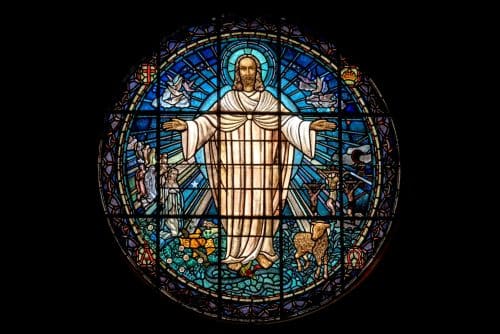
Paul Zoetemeijer / Unsplash
One question dominates the politics of Jesus: What does it mean to be a living body of witnesses to the reality of the resurrected Jesus? This is the question Luke asks in Acts. Anthropologist Didier Fassin, discussing the meaning of the word “witness,” argues that “the key political figure of our time is the humanitarian worker/community organizer-cum-witness whose purpose is to give voice to the unarticulated or silenced traumas and precarity visited upon those subjected to various forms of violence and catastrophe.”
The church is meant to be the social, political, and material embodiment of the lordship of Christ. Not by lording it over others, but as political servants, suffering servants for the common good. We are to be God’s sacrament to the world. In Luke’s apocalyptic passage (20:5 – 19), Jesus says that in times of political upheaval, faithful witness is our primary task: “This will give an opportunity to testify.”
As Luke outlines the constant flow of “testifying” in the book of Acts, notice how many times pagans are riled by the Christians. Read the stories from Lystra, Philippi, Athens, and Ephesus. Christians are a threat to the politics of the secular world, not an ally. Christians are out to establish a new culture, not a coup.
The politics that can save us are the politics of Jesus. Here is the opportunity for the people of Jesus to “bear faithful witness” and become the people who turn the world upside down.
Rodney Kennedy has his M.Div. from New Orleans Theological Seminary and his Ph.D. in Rhetoric from Louisiana State University. The pastor of 7 Southern Baptist churches over the course of 20 years, he pastored the First Baptist Church of Dayton, Ohio – which is an American Baptist Church – for 13 years. He is currently professor of homiletics at Palmer Theological Seminary, and interim pastor of Emmanuel Friedens Federated Church, Schenectady, New York. His sixth book – The Immaculate Mistake: How Evangelicals Gave Birth to Donald Trump – is now out from Wipf and Stock (Cascades).

